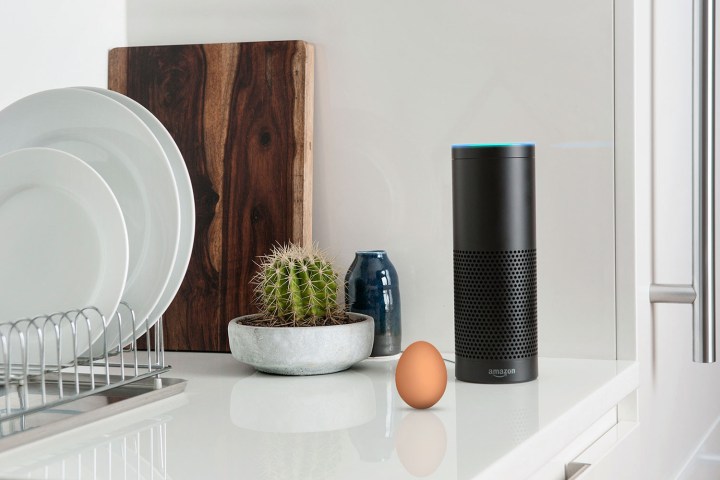
A few weeks ago, we were all excited about the idea of making calls sans phone, courtesy of Alexa Calling. However, we were rather concerned about the alarming privacy issue associated with the new feature — as great as it seemed that just about anyone could call you using the tool, the problem was that … well, anyone could call you. At the time, Amazon admitted, “there currently is not a way to block someone from contacting you.” Basically, if someone had your phone number, an Amazon account, and the Alexa mobile app, they could call you or send you voice or text messages, which would hit both your Echo device and Alexa app.
Thankfully, Amazon has now fixed this.
Over the weekend, Amazon delivered an update to Alexa Calling that includes the capability to block contacts. Over the next few days, both Android and iOS customers will see the update roll out to their
As first pointed out by an Alexa user named Elise Oras (who published a Medium post about her findings),
So what were the chances of someone unsavory actually reaching out to you? In some sense, they seemed pretty high. Once Echo’s calling and messaging capabilities have been activated, Amazon combs an account holder’s entire contacts list to see who among their contacts is also an Echo owner. Because Amazon wants as many people as possible to use the new feature, there is no way to limit this searching process. That means that if an awful ex-boyfriend of yours still has your number in his phone, he could see you are available on Amazon Calling. And a caller doesn’t have to be on your contact list to reach you. You just have to be on his or hers.
Of course, that’s no longer the case.
There are other concerns with calling, too. For example, as the Verge points out, now that Alexa can receive text messages (which also can’t be blocked), there’s no way to hide the message content (if you have an Echo Show) and just display the sender’s name. That means that anyone walking by your Echo could see your messages and worse still, any voice message can also be played back by anyone who requests to hear it — there is no PIN or password required.
For the time being, once you decided to move forward with Alexa Calling, you cannot go back. To stop receiving calls and messages, you have to contact Amazon’s customer service.
We should point out this feature is still in its nascent stages and Amazon will surely be making changes in the near future. We’ll keep you updated as things change.


